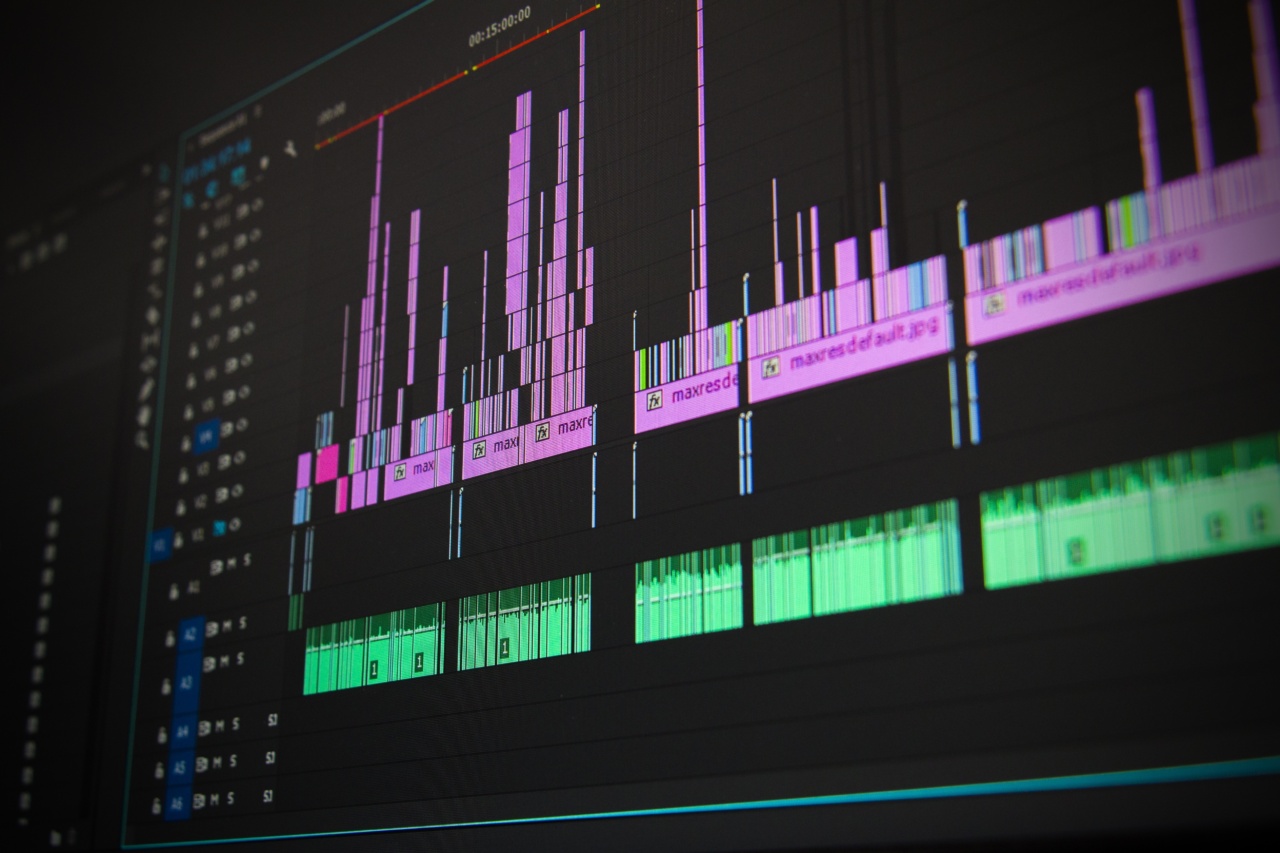Erections are a natural part of male genital anatomy. They are caused by the increased blood flow to the penis, resulting in the stiffening and hardening of the penis. Erections serve the important function of enabling sexual intercourse and reproduction.
But what is the average frequency of erections? In this article, we will explore the factors that influence how often erections occur, and what the typical frequency of erections is for different age groups.
What Factors Affect the Frequency of Erections?
Several factors can influence how often erections occur. These include:.
- Age
- Hormonal levels
- Physical health and fitness
- Mental health and wellness
- Medication use
The Average Frequency of Erections
Research has shown that the average adult male gets between 3-5 erections per night during sleep, usually lasting between 30 minutes to 2 hours each. This is known as nocturnal penile tumescence (NPT) or “morning wood”.
During waking hours, the average number of erections per day can vary widely, but ranges from 1-5. Younger men tend to have more frequent erections, and the frequency tends to decrease with age.
Age and Erection Frequency
As mentioned, the frequency of erections tends to decrease with age. This is due to a decrease in testosterone levels and changes in the structure and function of the penis.
Research has shown that men in their 20s and 30s tend to have more frequent erections, while men over age 50 may experience fewer erections overall, and may also have difficulty achieving or maintaining an erection.
Hormonal Levels and Erection Frequency
Testosterone is the primary male sex hormone, and plays a key role in the development and maintenance of sexual function in men.
Low levels of testosterone can result in a decreased frequency of erections, as well as other symptoms such as decreased libido, fatigue, and mood changes.
Physical Health and Erection Frequency
Physical health and fitness can also play a role in the frequency of erections. Men who are in good physical shape and maintain a healthy lifestyle may experience more frequent erections.
Conversely, men who are overweight, sedentary, or have significant health problems may experience more difficulty achieving or maintaining an erection.
Mental Health and Erection Frequency
Mental health and wellness can also impact the frequency of erections. Men who are experiencing high levels of stress, anxiety, or depression may have difficulty achieving or maintaining an erection.
This can be due to changes in hormone levels, as well as psychological factors such as worry, distraction, or negative self-talk. Addressing underlying mental health issues can often help improve sexual function and increase the frequency of erections.
Medication Use and Erection Frequency
Certain medications can also affect the frequency of erections. Some medications used to treat high blood pressure or depression may cause erectile dysfunction or decrease the overall frequency of erections.
If you are experiencing sexual problems while taking medication, speak with your doctor about your concerns.
Conclusion
Erections are a normal part of male sexual function, and the frequency of erections can vary widely depending on a variety of factors, including age, hormonal levels, physical and mental health, and medication use.
While there is no “normal” frequency of erections, most men experience 3-5 erections per night during sleep, and 1-5 erections per day while awake. If you are concerned about changes in your erection frequency or sexual function, speak with your doctor or a qualified healthcare professional.


























